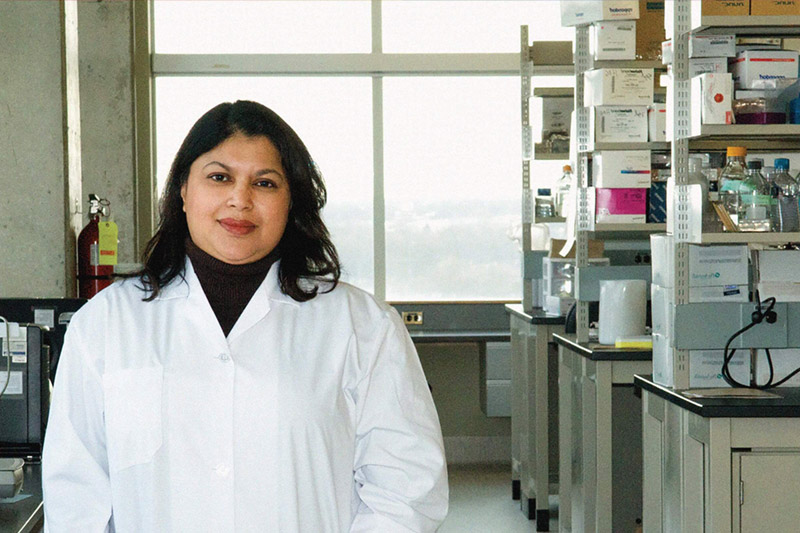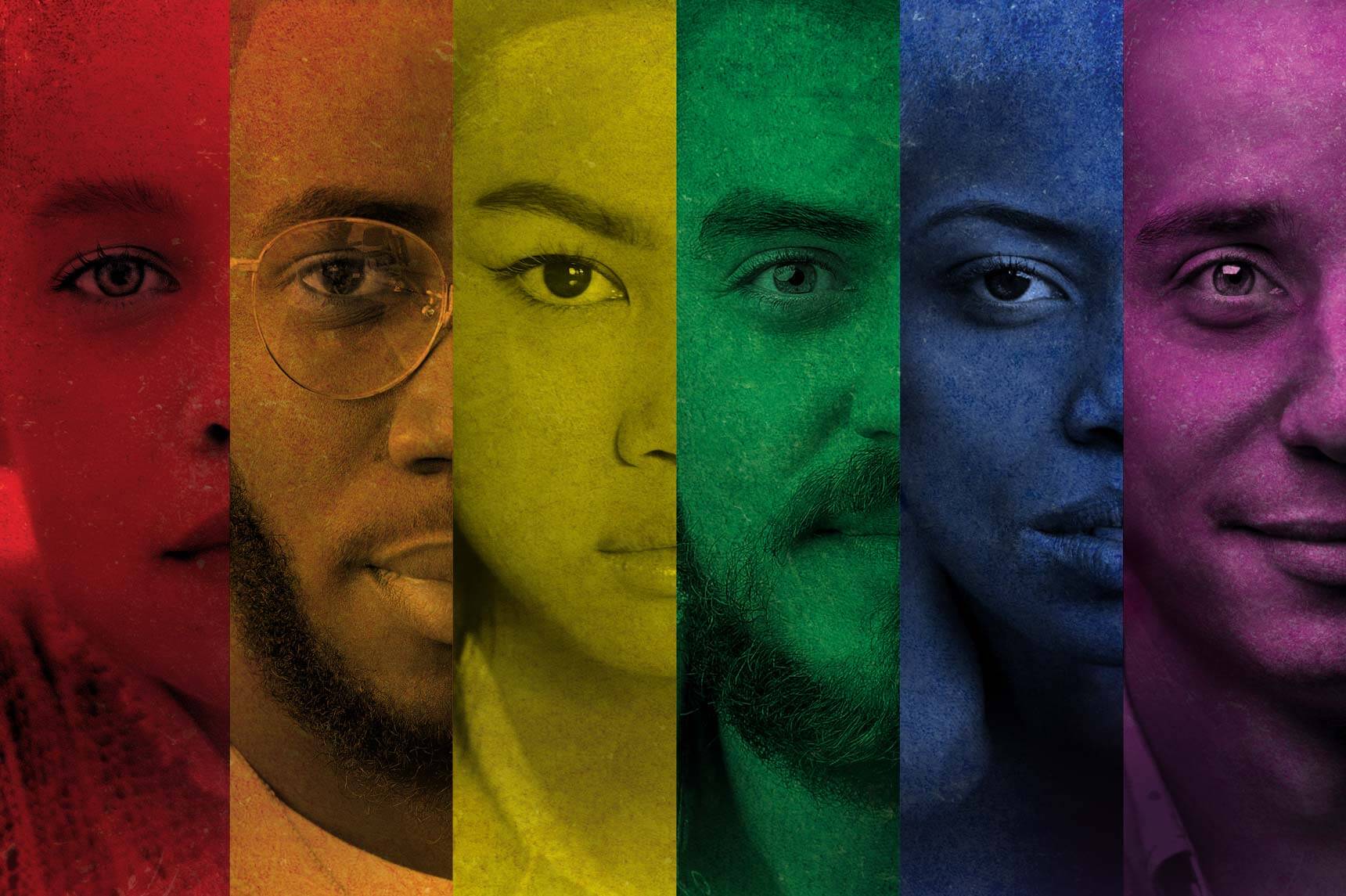
Fostering research excellence
Research can only be excellent, innovative and impactful when it benefits us all. In the minds of the presidents of the three federal research granting agencies, there is no doubt that equity, diversity and inclusion (EDI) foster research excellence.

As such, we developed, under the leadership of the Canada Research Coordinating Committee, the Tri-Agency EDI Action Plan. This plan outlines actions needed to increase fair access to research support and to promote equitable participation in the research system. In addition, the Indigenous strategic plan, Setting new directions to support Indigenous research and research training in Canada, guides our efforts.
We recognize that First Nations, Inuit and Métis are rights-holding as First Peoples of Canada and initiatives to support Indigenous research and research training should be developed through distinctions-based approaches.
It is worth highlighting that the COVID-19 global pandemic and the increased recognition of systemic racism have reinforced the importance of continuing to embed EDI considerations into tri-agency programs, policies and practices.
The granting agencies, together with two other Canadian federal research funders, signed the San Francisco Declaration on Research Assessment (DORA) recognizing that citation statistics as a metric to assess academic impact can over-value publication and devalue other forms of expertise and experience. This, in turn, can marginalize some scholars, especially women, Indigenous Peoples (First Nations, Inuit and Métis), persons with disabilities, members of visible minority/racialized groups and members of 2SLGBTQ+ communities.
As a mathematical scientist, I am drawn to numbers and I cannot stress enough the importance of establishing a good baseline to inform decisions. Disaggregated data helps reveal diversity gaps and track progress against measures of equity, diversity and inclusion. All institutions benefit from collecting and analyzing disaggregated data as a critical tool toward dismantling persistent systemic barriers and improving equitable representation of all communities. Since 2018, the granting agencies have used the self-identification questionnaire to gather data from individuals who are applying for funding and this initiative will be expanded in the coming year to evaluation and governance committee members.
I strongly believe that it will take collective action across the research ecosystem to produce a deeper change and achieve a truly inclusive culture. Many post-secondary institutions across Canada are already taking important steps to increase EDI in their environment.
In this regard, I want to recognize the leadership of the University of Manitoba and its very own Vice-President, Research and International, Dr. Digvir S. Jayas. When assuming the interim position as President of NSERC, he established a special ad hoc committee on EDI. This now permanent standing committee is instrumental in developing inclusive policies for the benefit of the whole natural sciences and engineering research community. During his time at the helm of NSERC, he also supported the development of the tri-council pilot program Dimensions: equity, diversity and inclusion Canada. The Canadian initiative is designed to encourage actions in post-secondary institutions to address barriers faced by underrepresented groups. The University of Manitoba is an affiliated institution of the program and a proud signatory of the Dimensions charter.
The Canadian initiative is designed to encourage actions in post-secondary institutions to address barriers faced by underrepresented groups. The University of Manitoba is an affiliated institution of the program and a proud signatory of the Dimensions charter.
An equitable, diverse and inclusive research ecosystem won’t happen overnight but our individual actions are part of the solution. Whether we are conducting research, studying at a post-secondary institution, developing policies, or administering programs, we all have an important role to play in ensuring that Canada’s research system supports and values participation by all.
Applying WISDOM to women’s equity
Dr. Neeloffer Mookherjee had excellent mentors throughout her training as a scientist in India and British Columbia. But something was missing: not one mentor was a woman.
The immunologist says that although more women are attaining leadership positions now, women continue to face barriers to achievement in scientific careers.
“We need to do a better job of providing the supports, mentorship and resources to allow women to succeed, advance and lead,” she says.
In 2018, Mookherjee founded Women in Science: Development, Outreach and Mentoring (WISDOM), a Manitoba organization supported by the Rady Faculty of Health Sciences. The group, which welcomes people of all genders, works to address the under-representation of women in science, particularly in leadership.
Affiliated with the Society for Canadian Women in Science and Technology, WISDOM aims to increase the number, retention and status of academic women scientists. Recently, it held an online speaker series featuring experts in equity, diversity and inclusion from Canadian universities.
Gender-based discrimination in academia is often nuanced, Mookherjee says, but it still discredits and demoralizes qualified women. It can discourage them from applying for promotion or tenure, or from staying in a leadership position in which they feel isolated and unsupported. “Those nuanced barriers impact the career trajectory,” she says.
Mookherjee, who self-identifies as a woman of colour and continues to chair WISDOM, says UM’s commitment to equity, diversity and inclusion is having a noticeable impact.
“It is moving in the right direction,” she says. “We all need to work together to provide equal opportunities for everyone.”
ResearchLIFE
ResearchLIFE highlights the quest for knowledge that artists, engineers, scholars, scientists and students at UM explore every day.
Learn more about ResearchLIFE










